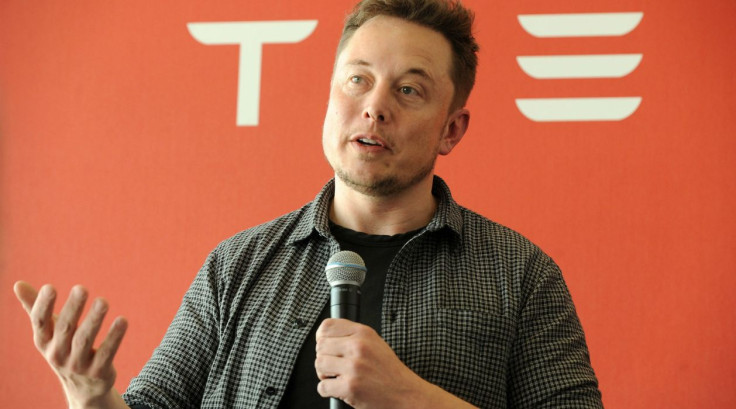Elon Musk backs brain-computer interface venture

Scientists continue to devise ways and use modern-day technology to help people spot and curb diseases. Recently, technology titans have stepped up efforts to support scientific studies seeking to merge computers with the human brain.
Implanting tiny electrodes in human brains may be a far-off idea for many people, but for relentless tech industry futurists like Elon Musk and Kernel co-founder Bryan Johnson, it is the way to go. The launching of medical research organization Neuralink Corp signals that the two entrepreneurs are bent on kickstarting their vision to ameliorate cognitive disorder symptoms and eventually make the brain work faster, the Wall Street Journal reported.
Putting a chip in the brain to release electrical signals is no mean feat. Yet the startup co-founder and his team of neuroscientists and software engineers have remained undaunted. Kernel believes that in time, human intelligence will be supercharged by artificial intelligence.
The idea of a brain computer interface is also welcomed by other innovative minds like professors at the Massachusetts Institute of Technology (MIT) Media Lab and MIT McGovern Institute. Among these people is Adam Marblestone, research scientist-turned chief strategy officer of Kernel.
The brain is a complex organ and the companies involved with Neuralink realise the big hurdles along the way. To help gather more comprehensive neural data, come up with less invasive approaches and advance its neuroscience projects, Kernel has onboarded other scientific minds.
Kernel recently welcomed into its fold Kendall Research Systems CEO Christian Wentz as vice president. Wentz is noted for launching multiple startup companies in the neuroengineering field and for working on next-generation neural interfaces.
Also joining Kernel in probing deeper into the possibilities of uncovering solutions to curb neurological disorders is Edward Boyden, MIT Media Lab professor of Biological Engineering and Brain and Cognitive Sciences. He has developed tools for analysing and repairing complex biological systems such as the brain.
Indeed, things are looking up as far as accelerating the capabilities of the human brain is concerned. Kernel has been upfront in acknowledging the years of medical research entailed by its thrusts. With tech titans like Musk strongly backing a brain computer interface venture, it may not be long for humans to keep up with the advancements made in machines.
"Over time I think we will probably see a closer merger of biological intelligence and digital intelligence,” the Tesla CEO said. He added that “it's mostly about the bandwidth, the speed of the connection between your brain and the digital version of yourself, particularly output," the Verge reported.




















